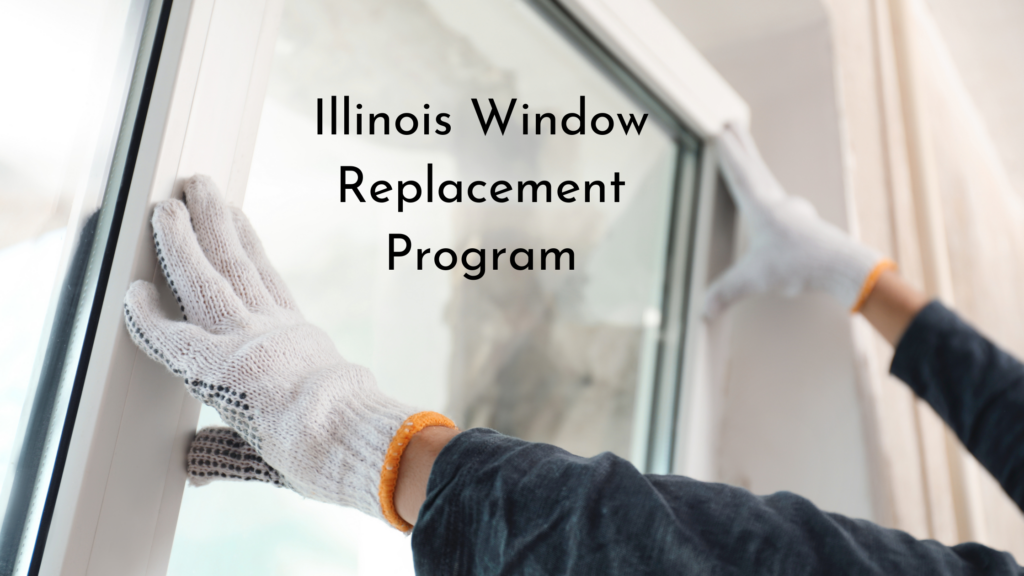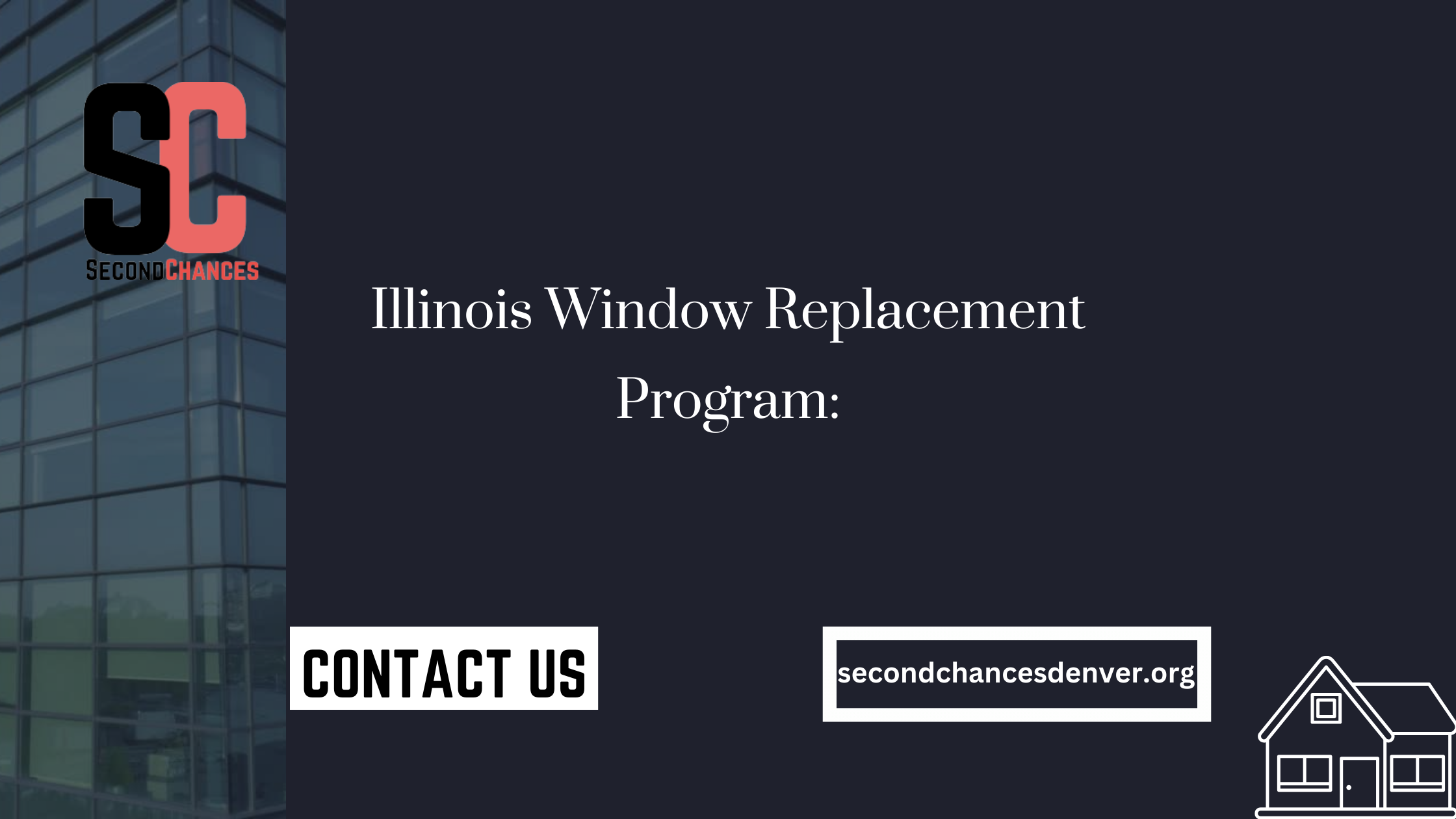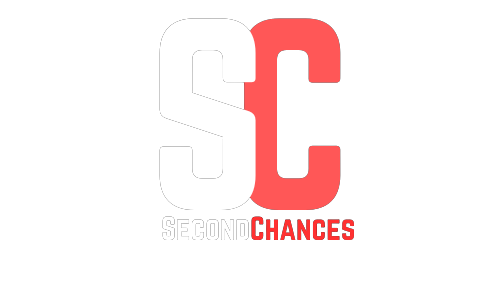If you live where the wind blows, a window may need to be replaced, or snow falls more frequently. Here is information about the Illinois Window Replacement Program. Using this program, anyone can replace their window as they will receive maximum funding. All you need to do is check your eligibility criteria and you will be able to apply.
Sunlight and fresh air are essential to a home’s comfort, and everyone wants their houses to be bright and airy. This adds to the house’s freshness and brings positive energy into it. Additionally, when the window in a house is placed correctly, the electricity bill will be reduced. By opening the window, you can get light, fresh air, and much energy without constantly switching on the electronic items.
As a result, oil and coal use are also reduced. Illinois Window Replacement Program is available for replacing windows. The government holds many programs, including the window replacement program. If you need to replace a window, this program is very helpful.
Table of Contents
What Is The Illinois Window Replacement Program?

Illinois residents can receive financial assistance through the Illinois Window Replacement Program when they replace old, inefficient windows with new, energy-efficient ones. Efforts to reduce energy consumption and promote sustainability are part of this program.
Get a glimpse at how the Illinois Window Replacement Program promotes energy conservation, improves home comfort, and provides financial assistance for window replacements. This program offers numerous benefits, and you can find out more about how to apply and eligibility criteria.
How Does Illinois Window Replacement Program Work?
- An application is submitted to Crosswalk CAA by a person.
- The agency determines if the household is income-eligible once all the required documentation is received.
- An energy audit (survey) will be conducted by one of the agency’s trained staff members if the household meets the eligibility requirements.
- The agency will schedule the weatherization work for your home and contact you to schedule a time.
- Our skilled workers will apply the appropriate materials to your home based on the work order generated from your computerized audit.
- Inspecting the house ensures the work is completed and accurate.
What Is The Cost Of Replacing Windows In The USA?
Broken windows can cost between $100 and $1200 to replace, which is expensive. There are, however, many factors that can affect the cost of a window, including its style and design. The average window replacement cost is between $400 and $600. The following estimates the average cost of replacing a window in the USA.
| Type Of Window | Avg Replacement Cost |
|---|---|
| Single-hung Window | $100-$600 |
| Double-hung Window | $350-$700 |
| Casement Window | $400-$800 |
| Picture Window | $500-$900 |
| Sliding Window | $450-$850 |
| Bay Window | $1,000-$1,500 |
| Bow Window | $1,500-$2,000 |
Eligibility Criteria For Illinois Window Replacement Program
Low-income households can reduce their energy costs with the Illinois Window Replacement Program, also known as the Energy Efficiency Program. Generally, this program is open to the following types of applicants:
- Residency: Illinois residents are required to apply.
- Income Eligibility: The program is primarily designed for low-income households. The Department of Energy sets income limits yearly depending on the household size.
- Home Ownership: A homeowner must own the property with the need for window replacement and reside there. Depending on the program, renters may also be considered, but eligibility criteria may differ.
- Energy Audit: An energy audit may be required to determine the necessity and impact of replacing the windows.
- Age Of Home: To qualify for certain programs, the home may have to be at least a certain age, typically older homes that could benefit from energy-efficient upgrades.
- Application: Fill out and apply to the relevant department or organization.
Criteria may change occasionally, so you should know they can vary. You should contact the Illinois Department of Commerce and Economic Opportunity or your local program manager for the most accurate and up-to-date information.
Application Process
Illinois’ Weatherization Assistance Program (WAP) includes the Illinois Window Replacement Program. A key objective of this program is to assist low-income residents in saving money on their energy bills by improving the energy efficiency of their homes, including replacing outdated, inefficient windows. To apply, follow these steps:
Income Eligibility Requirements
The income eligibility requirements are based on your household size and total gross income, and you must be a resident of Illinois. These requirements can be found on the Illinois Department of Commerce and Economic Opportunity website.
Gather Needed Documents
Depending on your situation, you may need to provide proof of income, proof of ownership, or a letter from your landlord approving the improvements.
Find Your Local Agency
A local community action agency provides WAP services. On the Illinois Department of Commerce and Economic Opportunity website, you can locate the agency nearest you.
Apply Through the Local Agency:
You must contact your local agency. You will need to fill out an application and provide any required documents. They can guide you through the process.
Home Energy Audit:
If accepted into the program, you will receive an energy audit of your home. Work on your home will include window replacement if it is recommended.Work Completion: The work is completed by qualified contractors and inspected after completion.
Home Weatherization Assistance In Will County, Illinois
IHWAP provides energy savings and comfort improvements to income-eligible Will County residents through home weatherization. In addition to renting and owning homes, tenants in multi-unit buildings, mobile homes, townhouses, and condominiums are eligible for assistance.
How To Apply
On a walk-in basis, or until the list for that day is full, applications are accepted Monday through Friday, 8 a.m. – to 3 p.m., and Wednesday, 8 a.m. to 6:30 p.m.
We also accept applications at outreach locations across Will County and our main office in Joliet. Find out where staff will be taking applications at the closest outreach location to you by clicking the link below.
What Should I Bring To The Appointment?
When applying for our home weatherization program, applicants must bring certain documentation.
- ID
- Social Security cards for all household members
- Each household member 18 years of age or older’s gross income for 90 days before the date of application
- Bills for gas and electricity most recently received
- Proof of ownership:
- – Deed
- – Tax bill
- – Mortgage statement OR
- – Title
- – Copy of current lease if renting
- A copy of the property deed will be requested from landlords as proof of ownership
During the application process, other documents may be required.
Home Energy Rebate Program
The Peoples Gas residential customer service department can assist customers in maximizing energy savings and improving home comfort. Save money every month on your qualifying projects by getting rebates. Rebates are available for single-family homes, two flats, and individually metering condos and townhomes. These improvements include furnaces, boilers, water heaters, smart thermostats, and insulation upgrades.
A rebate application must be completed, and the equipment must be new, fully installed, and meet the energy-efficiency requirements. It is also necessary to remove old equipment. Rebates cannot exceed project costs. The rebate applications contain the complete terms and conditions.
Eligibility Requirements
Home Efficiency Rebates (50121)
Energy efficiency upgrades that reduce home energy use by 20% or 15% are eligible for rebates for single-family and multifamily households.
A greater percentage of the total project costs will be rebated to households with a minimum income of 80% or less of the area median income (AMI). The maximum rebate is $8,000.
What’s LIHEAP?
Low-income households in Illinois can receive help with energy bills through the LIHEAP program (Low Income Home Energy Assistance Program). In the winter, it can save residents money on heating bills, and in the summer, it can help them keep cool. Energy bills are reduced when windows are replaced to improve energy efficiency.
Who Is LIHEAP For?
LIHEAP provides funding to assist low-income households with energy-related expenses. You can use it to reduce your heating bills in the winter and cool your home in the summer. Energy bills are reduced when windows are replaced to improve energy efficiency. Click here to determine if you qualify for government window replacements through your local LIHEAP organization.
What Are LIHEAP Eligibility Requirements?
There are only a few:
Income and number of people living in your household (monthly and yearly).
Energy bills, utility termination notices, photo IDs, and Social Security cards are among them.
Illinois Rural residents (1 program)
This USDA program provides loans and grants for the rehabilitation, improvement, or modernization of low-income housing or for removing health and safety hazards from elderly, very low-income housing. This program includes window replacements.
If you are interested in the government’s Illinois window replacement program 2023, please get in touch with your local USDA office.
Benefits Of The Program
The Illinois Window Replacement Program comes with several significant benefits:
Lower Energy Costs
An important benefit of the Illinois Window Replacement Program is the reduction of energy consumption. Investing in new, energy-efficient windows can help homeowners reduce their heating and cooling expenses by up to 15%.
Increased Home Value
Increase the market value of your home by installing new windows. An energy-efficient window can be a major selling point for your home if you decide to sell it in the future.
Improved Comfort
Your home can become drafty and unevenly heated when you have old windows. As well as decreasing outside noise, new windows can improve the comfort of your home.
Enhanced Security
Your home can be more secure when you install new windows with improved locking mechanisms.
Reduced Carbon Footprint
Carbon footprints are also reduced when energy consumption is reduced. Homeowners can contribute to the environment by living a sustainable lifestyle.
Financial Incentives
Rebates, grants, or tax credits are often offered as part of the Illinois Window Replacement Program, allowing homeowners to upgrade their windows at an affordable price.
Improved Aesthetics
You can also significantly improve your home’s curb appeal by adding new windows, giving it a more modern and fresh appearance.
Reduced Maintenance
A newer window requires less maintenance, doesn’t need to be painted, and has features that make it easier to maintain.
UV Protection
A special coating on most new windows blocks harmful UV rays, which can prevent fading and damage to your interior furnishings.
Health Benefits
Mold and mildew can grow on drafty windows, making your house unhealthy. By eliminating drafts, new windows can improve your health.
Frequent Questions: Window Replacement Programs
Is There A Window Replacement Program For Seniors In Illinois?
Replacing windows only for seniors through a special program is impossible. These programs are all open to seniors.
What Are The Benefits Of The Window Replacement Program?
There are many benefits associated with the Window Replacement Program. Low-income households can afford window replacements with the help of this program. The program can save individuals significant money on energy bills by installing energy-efficient windows. Maintaining a consistent indoor temperature is another benefit of the new windows.
What Other Funding Opportunities Are Available For Energy Efficiency In Illinois?
Numerous funding opportunities are available for energy efficiency in Illinois and the Window Replacement Program. Various incentives, grants, and loans are available at the state and federal levels to encourage the use of clean energy and reduce energy consumption. These programs can help residents improve their homes’ energy efficiency, from insulation to upgrading HVAC systems.


